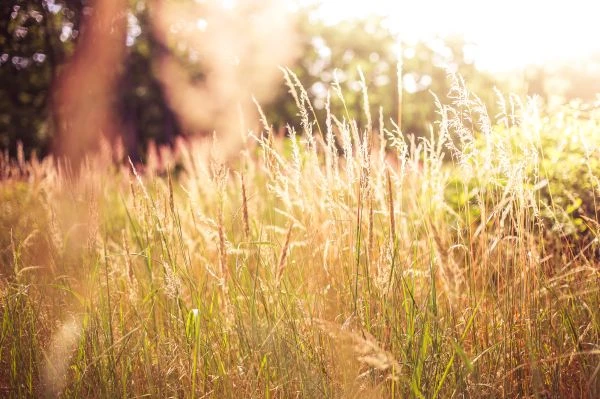The Enchanted Origin of Longjing Tea: A Legend Woven in Mist and History
When the mist-laden hills of Hangzhou unfurl their emerald slopes, they don’t just yield tea leaves—they stir a legend that has whispered through dynasties. Longjing Tea, or Dragon Well Tea, is more than a beverage; it’s a living story woven from the threads of history, folklore, and the delicate dance between nature and human ingenuity. This iconic green tea, celebrated for its sweet umami and vibrant color, carries with it one of China’s most beloved origin myths—a tale as steeped in mystery as its brewed essence.
The Herdsman and the Celestial Spring: The Primordial Legend
Long before emperors and poets wandered its slopes, the legend of Longjing Tea began with a humble shepherd named Xiao Er. In a land where mist clung to the peaks like a veil and rivers sang ancient lullabies, Xiao Er tended his flock beneath the shadow of Dragon Well Mountain. One fateful day, as he chased a wayward sheep, he stumbled upon a small, overgrown clearing—a place where no spring had ever been known to flow. There, beneath a gnarled old tree, a tiny trickle of water emerged, glistening like liquid starlight.

Curious, Xiao Er knelt to taste it. The water was so pure it made his teeth tingle—a taste he’d never experienced in the parched valleys of his village. As he sipped, a soft glow emanated from the earth, and suddenly, a dragon coiled above him, its scales shimmering like polished jade. The dragon spoke not in words, but in a melody that resonated deep within his soul: “This spring is the breath of the mountain. Drink its essence, and your land will thrive.” When Xiao Er awoke the next morning, the spring was still there, but the dragon had vanished, leaving only a single, perfect tea shoot beside it.
Imperial Reverence and the Eighteen Sacred Bushes
Centuries later, in the mid-18th century, the story of Longjing Tea found new life in the imperial court of Emperor Qianlong. Legend has it that during one of his southern inspections, the emperor, known for his love of fine tea, ventured into the Dragon Well region. As his retinue traversed the misty hills, they stumbled upon a cluster of ancient tea bushes, their leaves shimmering with an otherworldly luster. The local magistrate, eager to impress, brewed a pot using leaves plucked from these rare bushes.
When the emperor tasted the tea, he was spellbound. Its aroma—sweet, floral, and earthy—filled his nostrils, and the first sip awakened a warmth that spread through his body like sunlight. “This tea is a gift from the mountains,” he declared, his eyes alight with wonder. To honor its origins, he designated eighteen of the oldest bushes as “sacred imperial tea,” ensuring they were tended by imperial guards to protect their purity. From that day forward, Longjing Tea became a symbol of imperial refinement, cherished by scholars and nobles alike for its delicate flavor and celestial allure.
The Legacy of Legends: Tea as a Bridge Between Past and Present
Today, when you steep a cup of Longjing Tea, you’re not just tasting history—you’re sipping a thousand years of stories. The shepherd’s humble discovery, the dragon’s magical blessing, and the emperor’s reverence have all merged into a single narrative that speaks to the Chinese belief in the interconnectedness of humanity and nature. Each leaf picked from the misty slopes carries not just chlorophyll, but the echoes of generations who have revered this tea as more than a drink.
As the steam rises from your teacup, remember: Longjing Tea’s true magic lies not in its flavor alone, but in the way it bridges time. It’s a legend told in every cup—a reminder that even the simplest of gifts from nature can carry within them the weight of history, the warmth of a dragon’s blessing, and the quiet hope that connects us to something timeless.
 日韩精品在线观看
日韩精品在线观看



